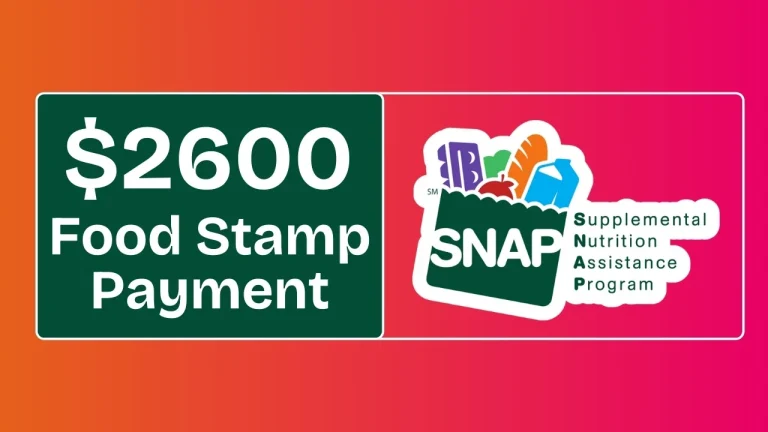A groundbreaking study led by OpenAI’s CEO has uncovered compelling evidence that providing a monthly payment of $1,000, without any conditions, can significantly enhance the lives of struggling Americans. This research demonstrates how a guaranteed basic income can positively impact health, employment, and spending habits, while highlighting the necessity of additional resources alongside cash support.
Study Highlights: Monthly Payments Boost Financial Stability
According to a report by USA Today, the study, conducted by OpenResearch, revealed that a guaranteed monthly income of $1,000 can make a substantial difference for lower-income families. By examining the effects of this unconditional cash support, the research shed light on its potential to improve access to essentials like food and rent.
As part of the three-year study, 1,000 people received $1,000 monthly and 2,000 people received $50 per month to spend how they chose. The cash was given to low-income Americans, and researchers discovered the money “provides flexibility.”
The study involved 3,000 lower-income participants who received $1,000 each month, compared to a control group receiving $50 monthly. The results were striking: those who received the $1,000 primarily used the funds for essential needs, such as food, housing, and transportation. This led to an average increase in monthly spending of $310. Moreover, recipients enjoyed more leisure time, maintained engagement in work, and even considered starting their own businesses. This effect was particularly notable among Black and female participants.
Need for Additional Resources Alongside Guaranteed Income
While the initial findings were promising, with improvements in stress levels, mental health, and food security, the benefits seemed to wane by the second year. The study underscores the importance of supplemental resources like affordable housing and healthcare to sustain the long-term benefits of guaranteed income. The researchers emphasize that these additional resources are crucial, especially during critical life transitions.
As the study progresses, it continues to explore the impacts on housing stability, political attitudes, and the well-being of recipients’ children. The call for a guaranteed basic income is gaining momentum, with advocates proposing targeted payments for specific groups or even a universal basic income for all American adults.
This study not only highlights the transformative potential of guaranteed income but also calls for a comprehensive approach to support struggling Americans, ensuring that financial aid is complemented by essential resources for long-term success.



